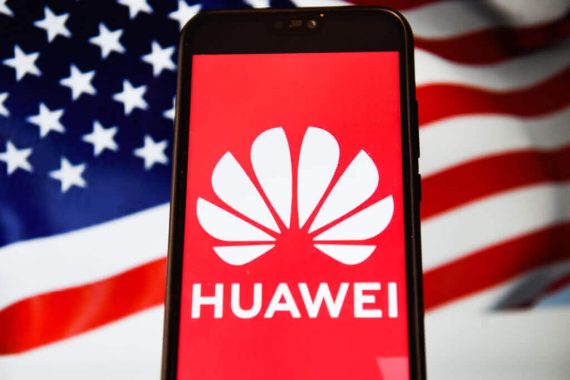With the national emergency declaration signed by U.S. President Donald Trump on 16 May, 2019, and the decision that followed to assign telecommunication firms, especially those that are actively working in the field of 5G, for instance Huawei, the status of “posing national security risks,” the first concrete step has been taken on the technology front of the long expected U.S.-china economic war.
The only U.S. companies among the top 10 firms that work on 5G technology, which has been described as sinister technology by Trump, and have patents and standards in this field are, Qualcomm and Intel. Chinese firms, especially Huawei, have a very significant presence in this field.
But why is possessing 5G so important?
Technologies such as drones, UAVs and UCAVs are military technologies that require an internet connection. Internet of Things (IoT) technologies are among the most talked-about projects today and will continue to be so in the near future. States that control the flow of data stemming from these new technologies will have the most important power of the new world that they will help build. On this subject, China is far ahead of the U.S. The greatest proof of this is the recent technological developments made by Chinese firms.
Recently, technology firms such as Huawei, ZTE, Xiaomi, and Oppo have not only shaken the first-place status of Apple – the largest manufacturer and seller of smartphones in the U.S. – but have also made their market advantage in East Asia exceedingly felt in Europe and the U.S. By surpassing Apple in the second quarter of 2018, Huawei now shares the status of being the world’s largest smartphone selling firm along with Samsung.
States that control the flow of data stemming from these new technologies will have the most important power of the new world that they will help build. On this subject, China is far ahead of the U.S. The greatest proof of this is the recent technological developments made by Chinese firms.
In light of this information, it can be stated that the U.S. has fallen behind in the first round of the technology war.
Recommended
As a result of pressure imposed by Trump, who considers Huawei to be a threat, U.S. firms have taken a series of rapid actions against Huawei. Google has announced that its open source operating system Android will no longer be available for Huawei devices and that these devices will no longer have access to Google services such as Gmail, Google Play and YouTube.
Intel has stopped its motherboard sales. Foundations that control the administration of technologies such as Wi-Fi, Bluetooth, and SD Cards have also announced that they have ended their agreements with Huawei.
The IEEE society, which is the architect of many scientific standards, has announced that Huawei will no longer have access to its scientific studies as a company. This is occurring despite the fact that Huawei is one of the biggest contributors to the society. Following this, many IEEE members resigned from their positions, openly stating that they are against the involvement of politics in science.
Following the aforementioned developments, Huawei announced as an action plan that it will publish its own operating system, which is in the phase of development, in 2010. It is expected that China will retaliate by announcing a large black list that includes companies such as Apple and Google. Considering that Apple sources 30% of its profit from China, and that Google and Facebook are banned from these Chinese markets despite having been working to gain access to China for years, it will not be wrong to claim that Trump has scored a goal against his own team.
Considering that Apple sources 30% of its profit from China, and that Google and Facebook are banned from these Chinese markets despite having been working to gain access to China for years, it will not be wrong to claim that Trump has scored a goal against his own team.
The U.S. will have a hard time developing 5G technologies. On the other hand, China has incredible capabilities on the subject of telecommunication and the development of new technological products. Chinese firms are rapidly increasing their presence in European markets and are enjoying a high demand. More, Apple’s largest manufacturing plant Foxconn is in China. Due to these reasons, it is not hard to see that China possesses a significant advantage against the U.S. at this stage.




